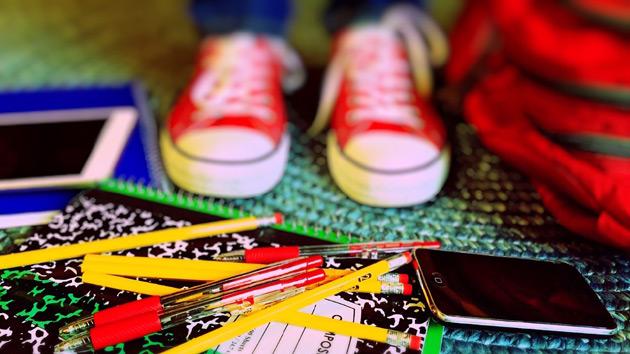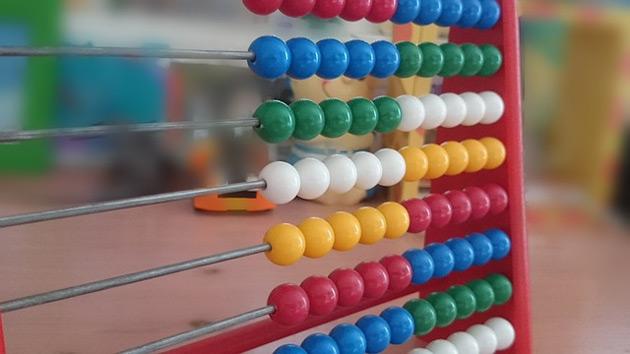Czech Republic: More than 30 % of those surveyed believe Romani children should not attend mainstream education

More than three-fifths of the respondents to a survey conducted by the Center for Public Opinion Research (CVVM) in the Czech Republic agree that Romani children should be educated in mainstream classes, but approximately 30 % of respondents are opposed to the idea. The public continues to agree with the existence of various types of primary schools and multi-year college preparatory high schools.
More than four-fifths of respondents reject the idea of educating children with “mild mental disabilities” in mainstream classes. On the other hand, more than two-thirds of respondents said they agree with the integration of children with physical disabilities.
Approximately 1 000 people aged 15 and older were surveyed in September. More than 60 % of the respondents agreed that Romani children should be educated in mainstream classes – 24 % said they “definitely” should be and 38 % said they “probably” should be.
More than 30 % of respondents, however, do not want Romani children to be educated in mainstream classes – 21 % are “probably” against in and 13 % are “definitely” against it, with 4 % saying they did not know how to answer the question. Approximately 80 % of respondents agreed with the existence of primary schools that have expanded instruction, the existence of special schools for disabled pupils, and the existence of so-called “practical primary schools”, where children with “mild mental disabilities” in particular are educated.
The least support for a particular kind of school was expressed for the multi-year college preparatory high schools, but 70 % of respondents still expressed agreement with them. Compared to 2014, opinions about the differentiation of primary schools have practically not changed at all.
While the degree of education that the respondents themselves had achieved did not play a role when it came to their opinions about the “practical” and “special” schools, college-educated respondents expressed the most support for the multi-year college preparatory high schools and for the primary schools with expanded instruction. A negative attitude persists on the issue of educating children with “mild mental disabilities” in mainstream classes.
Only 15 % of respondents agree with that idea, compared to 13 % of respondents in 2014. Respondents also mostly disagreed that children with hearing and visual impairment should be integrated into mainstream education.
Respondents expressed agreement with educating children with physical handicaps, exceptionally gifted pupils, and foreign nationals in mainstream classes. In comparison with the poll conducted two years ago, support for educating foreign nationals in mainstream schools has fallen.
This year 70 % of respondents agreed with that idea compared to 78 % in 2014. The authors of the survey see a possible explanation as being the changes in the societal atmosphere caused by the migration crisis.
Unequivocal support for the integration of children living with physical disabilities has undergone a similar change. Two years ago, 33 % of respondents expressed definite agreement with that idea, compared to 24 % of respondents this year.
The overall proportion of positive responses to the idea of mainstreaming physically disabled children fell from 73 to 69 %. Unequivocal disagreement with the mainstreaming of children with “mild mental disabilities” has also risen.
The authors of the survey explain these changes as due to the boisterous debates around the innovations that began to apply as of September with respect to the approach being taken toward educating most children together. CVVM says further developments will depend on what kind of experiences those innovations generate.
